Partners
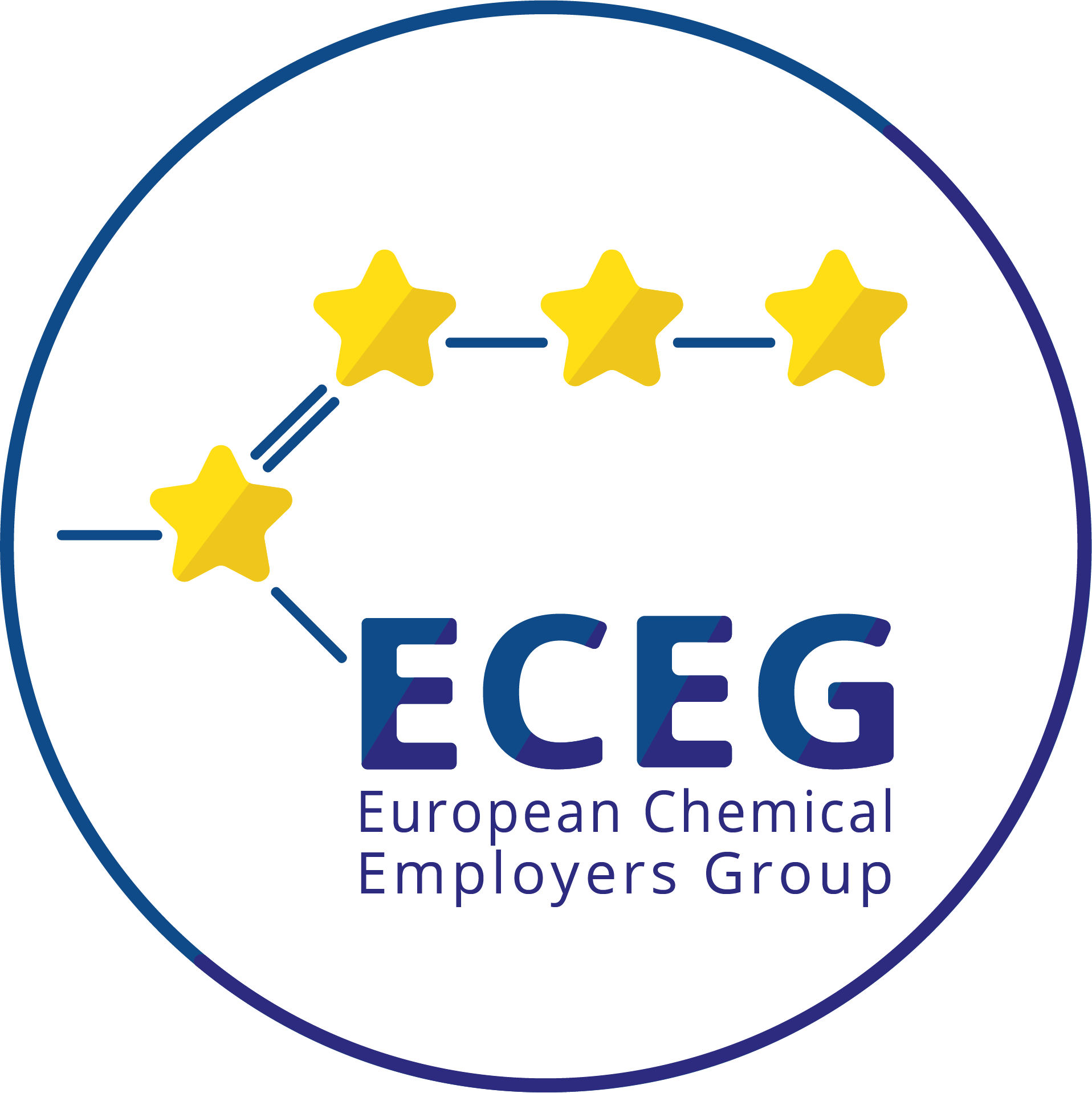
European Chemical Employers Group (ECEG)
ECEG, founded in 2002, is a recognised European Sectoral Social Partner, representing employers in the chemical, pharmaceutical, plastic and rubber industry. Our sector provides approximately 3.3 million direct jobs in more than 94.000 enterprises.
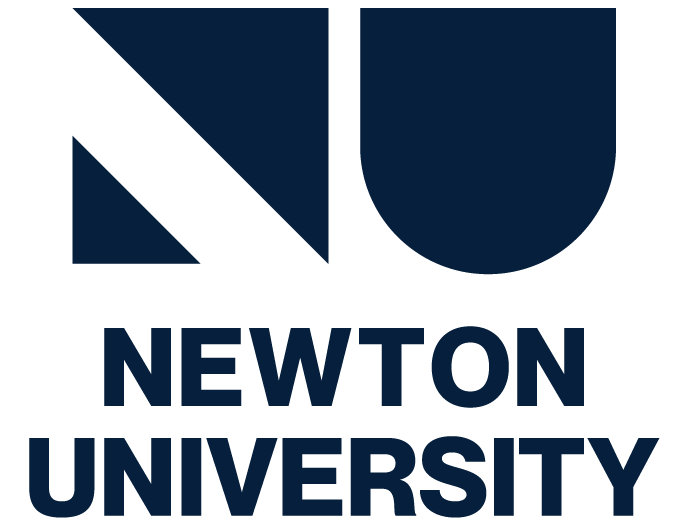
Newton University
Newton University is a private university founded in 2004 and based in the Czech Republic, specializing in teaching management, psychology and economics. The university is accredited by the Ministry of Education, Youth and Sports and all degrees awarded are recognised throughout the EU. Newton is also accredited by CAMBAS (Czech Association for MBA Schools) and recently joined the AACSB Business Education Alliance. The university offers a wide range of accredited undergraduate, graduate and postgraduate programmes using modern equipment and technology.
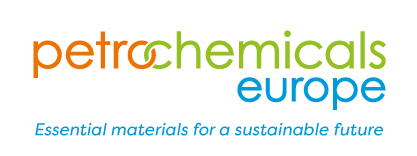
Petrochemicals Europe (CEFIC)
Petrochemicals Europe is an industry sector of Cefic, the European Chemical Industry council, representing about 29.000 large, medium and small chemical companies employing approximately 1,2 million people, and accounting for nearly 17% of world chemicals production fuelling innovation, manufacturing and employment. We bring together companies manufacturing ethylene and propylene from steam cracking and/or other olefins, and/or aromatics for chemical use, and/or major first stage petrochemical derivatives (excluding polymers).
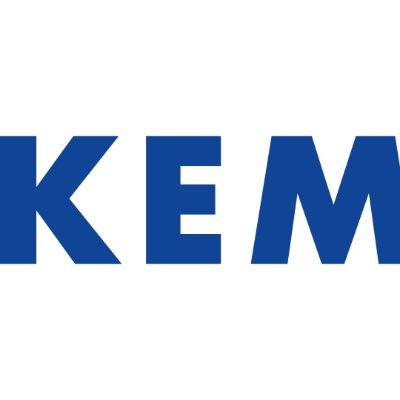
Chemical Industry Federation of Finland
The Chemical Industry Federation of Finland is a trade association for the chemical industry and its closely related sectors, covering various fields in the basic and production chemical industry. The Chemical Industry Federation of Finland has nearly 400 member companies and 13 member, cooperation and agreement associations.
The chemical industry in Finland has set an ambitious goal. We strive for the sector’s climate neutrality by 2045. Clean hydrogen is crucial for reaching that target.
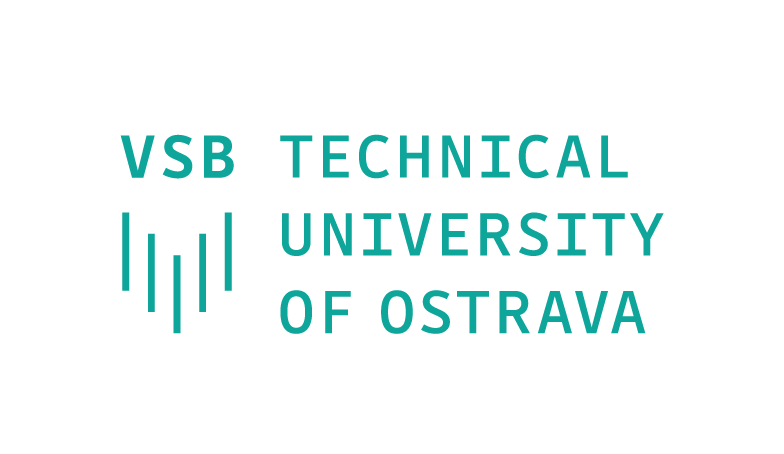
Technical University of Ostrava
VSB – Technical University of Ostrava has been connecting technical, economic, natural sciences and artistic disciplines in modern study programmes for more than 170 years responding to the real problems of the present. We carry out basic and applied research at the highest level. Thanks to tradition and cooperation with industry as well as many domestic and foreign universities in a wide range of sectors, we provide innovative solutions in a number of fields and the certainty of employment to our graduates.
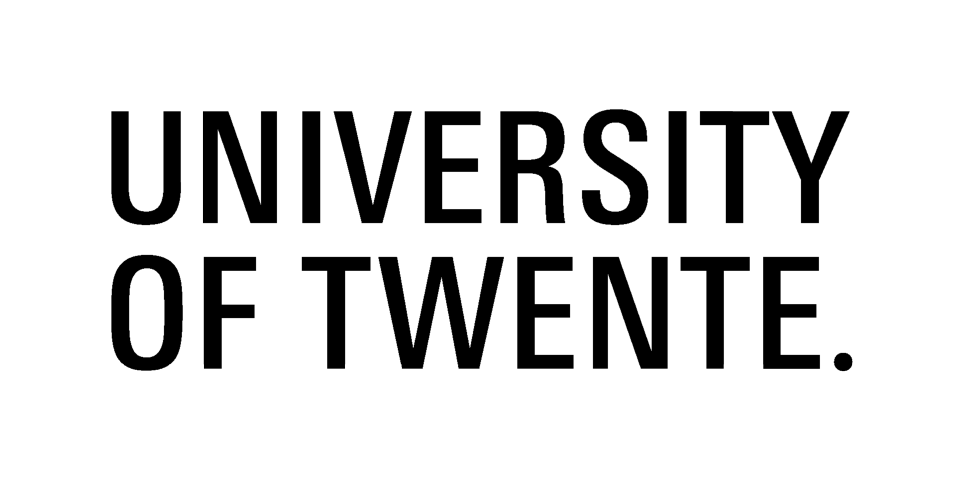
University of Twente
The Elastomer Technology and Engineering chair (ETE) is part of the University of Twente, situated in Enschede the Netherlands. The mission of the ETE group is to establish itself as a ‘chain of knowledge ’ in the field of elastomer technology, with a clear emphasis on research subjects at the forefront of new developments. The group serves as an academic training ground for students and scientists in the rubber world at large. The group aims at playing a key role in the academic and industrial world of elastomer technology and to be an obvious participant in new developments.
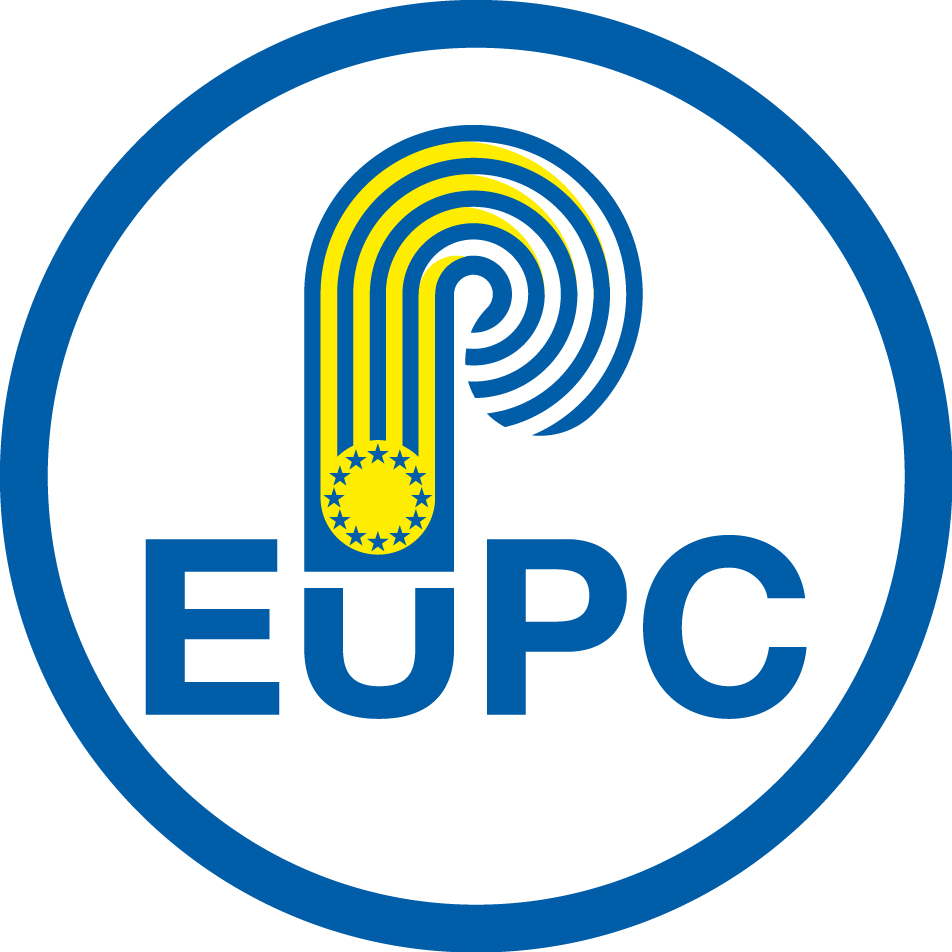
European Plastics Converters
European Plastics Converters (EuPC) is the leading EU-level trade association, based in Brussels, representing European plastics converting companies. Plastics converters use plastics raw materials and recycled polymers to manufacture new products.
EuPC totals about 45 national associations, as well as European plastics converting industry associations. More than 1.6 million people are working in about 50.000 companies (mainly small and medium sized companies in the converting sector) to produce over 50 million tons of plastic products and to create a turnover in excess of 280 billion € per year.
EuPC’s main objective is to defend and promote the European plastics converting industries interests by: voicing industry opinion to European and international institutions, and NGOs; maintaining relationships with corresponding European and global organisations; conducting surveys, studies and research projects covering all areas of the plastics processing industry, including recycling.

Haskoning
Change is happening. And it’s happening fast – from climate and digital transformation to customer demands and hybrid working. The speed and extent of these changes create complex challenges which cannot be addressed in isolation. New perspectives are needed to accommodate the broader societal and technological picture and meet the needs of our ever-changing world.
Backed by the expertise of almost 6,000 colleagues working from offices in more than 25 countries across the world, we are helping organisations to turn these challenges into opportunities and make the transition to smart and sustainable operations. We do this by seamlessly integrating engineering and design knowledge, consulting skills, software and technology to deliver more added value for our clients and their asset lifecycle.
We act with integrity and transparency, holding ourselves to the highest standards of environmental and social governance. We are diverse and inclusive. We will not compromise the safety or well-being of our team or communities – no matter the circumstances.
We actively collaborate with clients from public and private sectors, partners and stakeholders in projects and initiatives. Our actions, big and small, are driving the positive change the world needs, and are enhancing society now and for the future.
Our head office is in the Netherlands, and we have offices across Europe, Asia, Africa, Australia and the Americas.

European Landowners Organisation (ELO)
The European Landowners Organisation (ELO), created in 1972, is unique federation of national associations from the EU27 and beyond, which represents the interests of landowners, land managers and rural entrepreneurs at the European political level. Independent and non-profit making, ELO is the only organisation able to stand for all rural entrepreneurs. The work by ELO supports a large number of rural family businesses and enterprises as well as individual actors in Europe involved in activities such as farming and agriculture, forestry and cork, wine production as well as water and waste treatment. They set out to encourage sustainable development and management, whilst promoting biodiversity, sustainable biodiversity, food safety, responsible packaging, and combating climate change. ELO also strives to uphold property rights notábly in land use, real estates, historic houses and gardens.
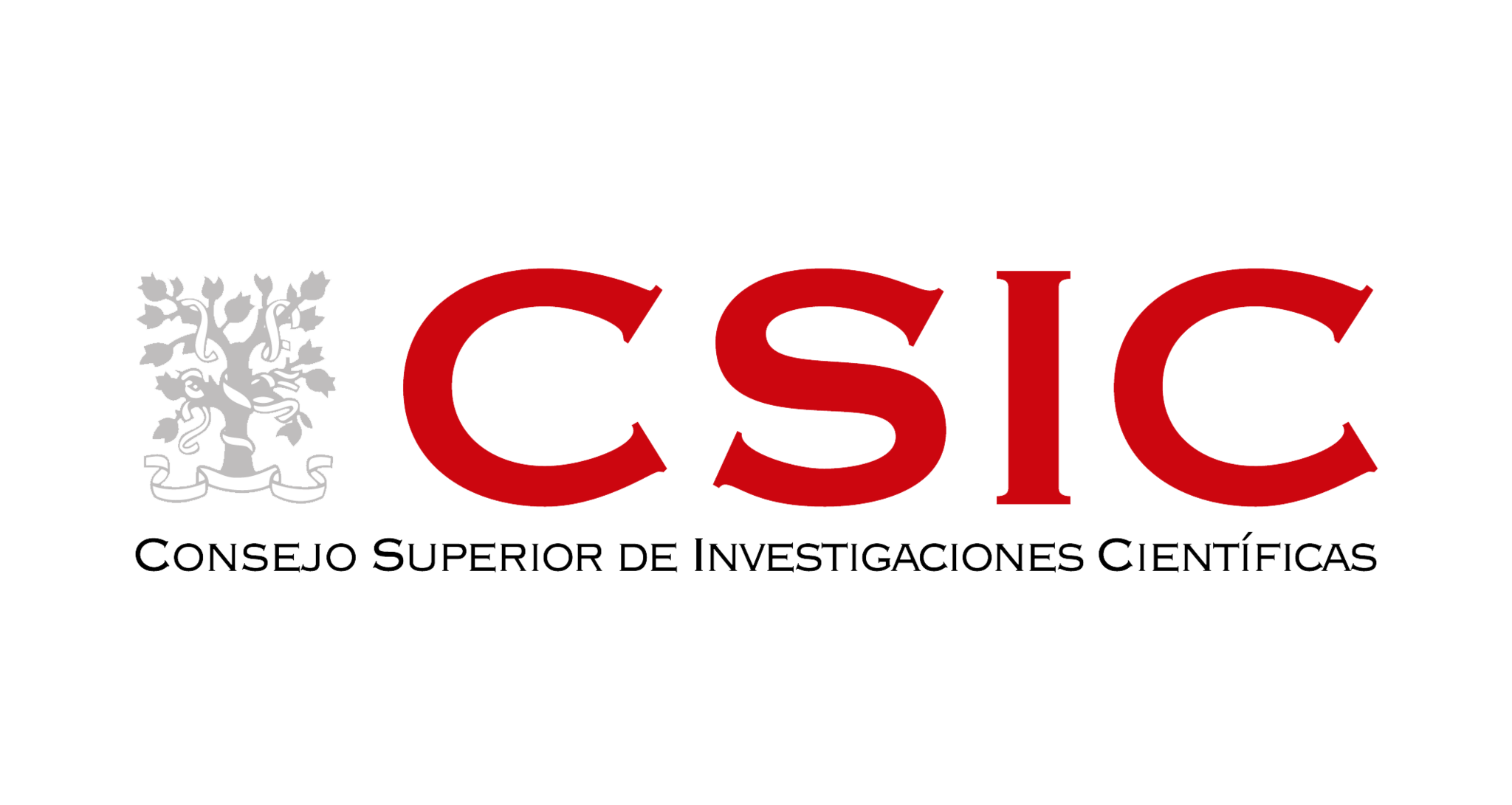
The Agencia Estatal Consejo Superior de Investigaciones Científicas (CSIC)
The Agencia Estatal Consejo Superior de Investigaciones Científicas (CSIC) is the largest public multidisciplinary research organisation in Spain. It has a staff of more than 13,500 employees and more than 120 research institutes.
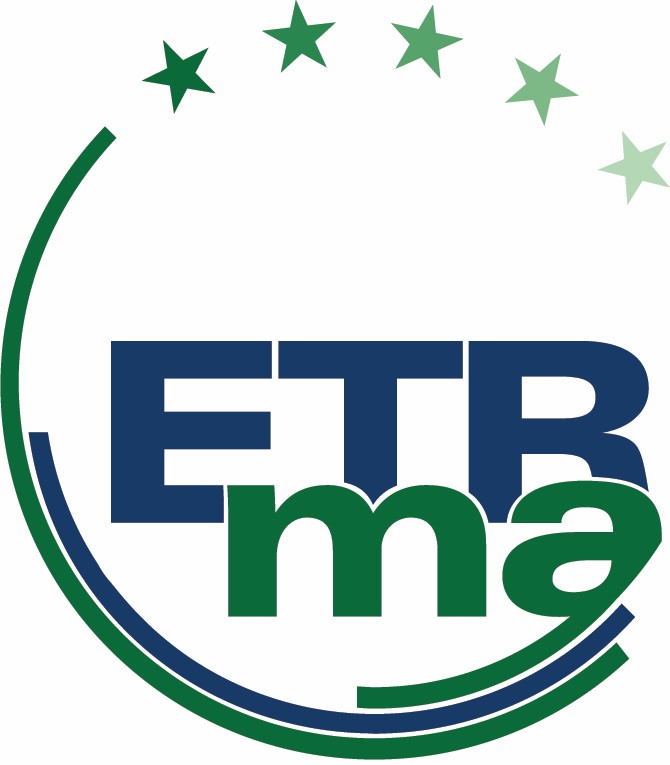
European Tyre & Rubber Manufactures‘ Association
ETRMA represents the regulatory and related interests of the European tyre and rubber manufacturers at both the European and international level. We are involved in continuous dialogue with EU and international institutions, national agencies and other industry sectors.
As the voice of tyre and rubber goods producers, our activities focus on representing, communicating and promoting the industry to policymakers, as well as providing technical advice for its members.

Innovation and Chemical Industries in Sweden
IKEM – Innovation and Chemical Industries in Sweden represents about 1,250 Swedish and foreign-owned companies with some 70,000 employees.

University of Maastricht
Maastricht University is the youngest and most international university in the Netherlands, with 18,000 students, 4,400 staff and 70,000 alumni. In university rankings UM is one of the best young universities in the world (THE, QS). UM is coordinator of the Young Universities for the Future of Europe (YUFE). The UM group participating is the Circular Plastics group of the Circular Chemical Engineering department, led by prof. Kim Ragaert. Research topics include upcycling of mixed solid plastic waste, polymer degradation and multiple recycling, Design for Recyclability, Design from Recycling, WEEE plastics and recycling of multilayer packaging materials. Focusing on mechanical recycling of plastics, Circular Plastics is very well embedded in the European recycling landscape, often working together with industry.

Chemelot Innovation and Learning Labs (CHILL)
Chemelot Innovation and Learning Labs (CHILL) provides, together with our business partners and the educational institutions, an innovative learning/working and research environment on the Brightlands Chemelot Campus in The Netherlands. Here, education and business work together on knowledge development and new products. We are committed to profiling modern chemistry and its role in a livable and sustainable society.

The German Federation of Chemical Employers’ Associations (BAVC)
The German Federation of Chemical Employers’ Associations (BAVC) is the head organisation for collective bargaining and social policy in the chemical and pharmaceutical industry, as well as large parts of the rubber and plastics processing industries in Germany.
It represents the interests of its ten regional member associations, with 1,900 companies and 580,000 employees, vis-à-vis trade unions, politics and the public.

Rubber Manufactures‘ Association of Finland (RMAF)
RMAF is an organization for rubber manufacturers in Finland. RMAF brings rubber companies together and acts as their voice towards legislators and other organizations. RMAF provides a platform for cooperation for rubber companies.
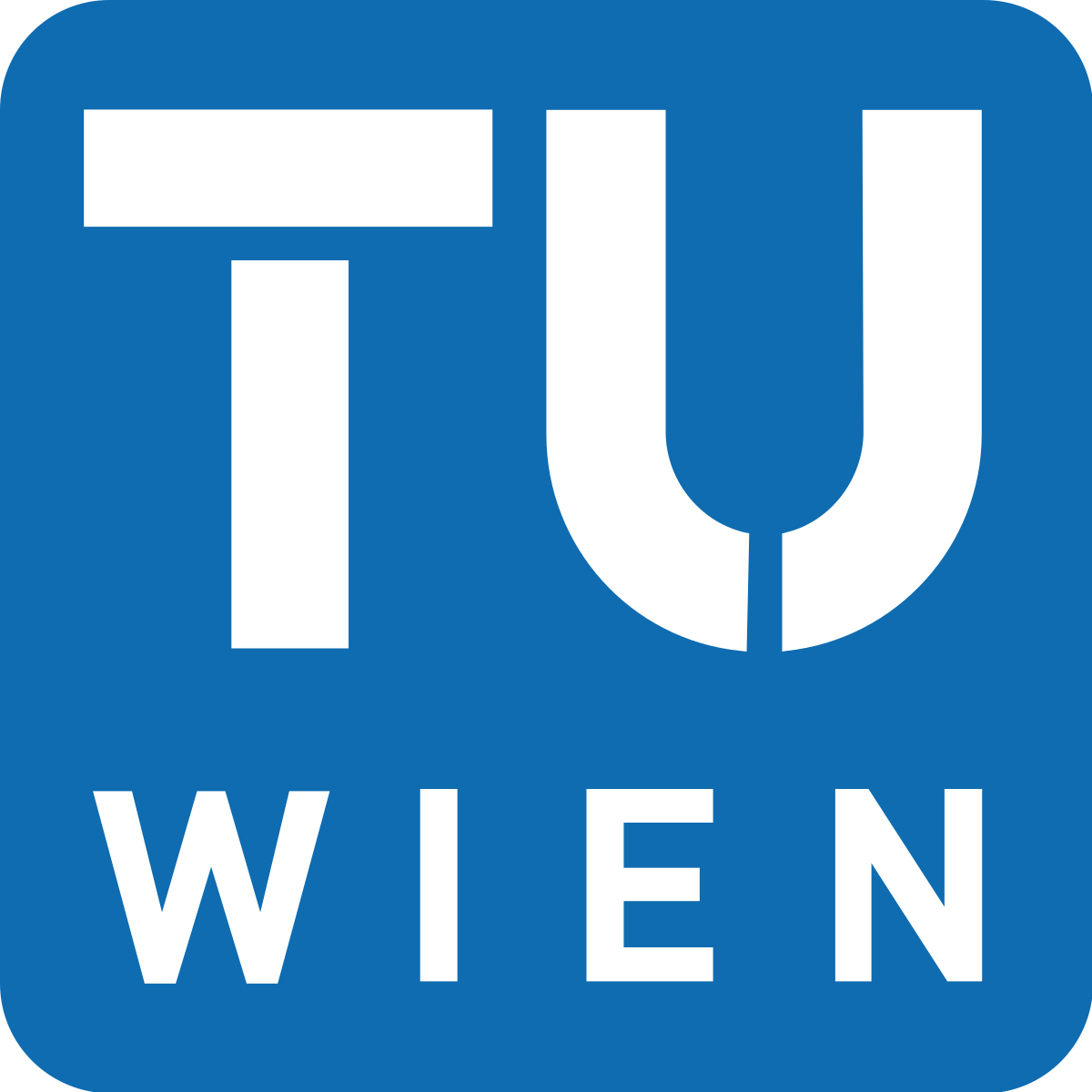
Technical University Vienna
The TU Wien is Austria’s largest research and educational institution in the field of technology and natural sciences. More than 4,000 scientists are researching “technology for people” in five main research areas at eight faculties. The content of the studies offered is derived from the excellent research. More than 26,000 students in 62 degree programmes benefit from this. As a driver of innovation, TU Wien strengthens the business location, facilitates cooperation and contributes to the prosperity of society.

University Novi Sad
The University of Novi Sad (UNS) was founded in 1960. It is the only state university in the Autonomous Province of Vojvodina, comprising 14 faculties and 3 research & developmental institutes. There are more than 50,000 students, 5,000 teaching and non-teaching staff, as well 300 study programmes at all three academic cycles. It is a comprehensive university covering all major fields of study and research.
University of Novi Sad is rather active in the international collaboration field participating in both educational and research projects (ERASMUS +, TEMPUS, HORIZON 2020, FP7, EUREKA, COST, IPA, etc). When the number of TEMPUS projects in which the University has participated is concerned the University is the top leader both in the country and the region, where most of these projects were aiming at restructuring and reforming higher education processes, structures and programs.
UNS has become recognized as a reform-oriented university, developing intensively international cooperation with universities and other institutions in the area of higher education and having considerable experience in implementing academic mobility programs (Campus Europae, Erasmus Mundus Action 2, ERASMUS+ Key Action 1. etc).
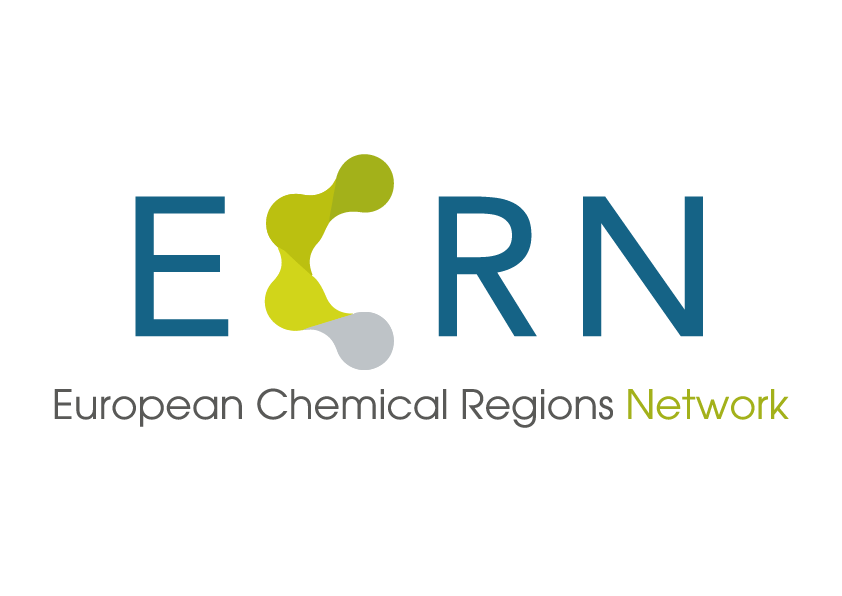
European Chemical Regions Network
The European Chemical Regions Network (ECRN) brings together European regions in which the chemical industry plays a crucial role in economic development, growth, and employment. By facilitating interregional cooperation, policy development, and participating in European projects, the network advocates for a strong regional dimension in the EU chemical policy agenda to create European modern and sustainable value chains.
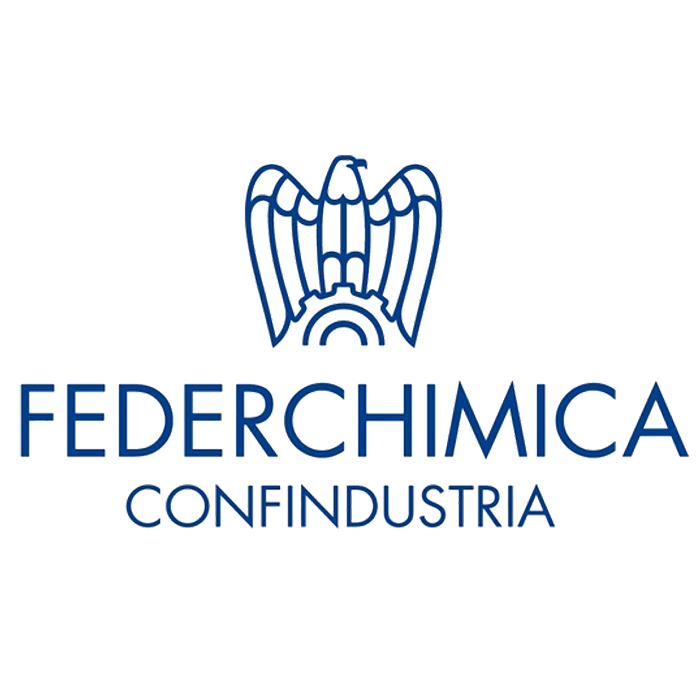
Federchimica
Federchimica is the abbreviated name of the Italian Federation of the chemical industry. At the present time 1450 companies, with a total of 94.000 employees, are part of Federchimica. They are grouped into 17 Associations, articulated into 38 product groups. Federchimica is a member of Confindustria (General Confederation of the Italian Industry) and CEFIC (European Chemical Industry Council).

ITS Technical College for New Life Technologies
ITS Nuove Tecnologie della Vita – ITS Technical College for New Life Technologies – is the only Higher Technical Institute in the chemical field in Italy and trains professional technicians in technological areas strategic for economic development and competitiveness, particularly in the chemical, pharmaceutical, nutraceutical, environmental and elastomer fields. At the conclusion of their course, our trainees are specialised in the application of traditional and/or innovative methods and processes in the study, research, development, identification, synthesis and production of biotechnology-based molecules or products.

The Austrian Economic Chambers
The Austrian Economic Chambers represent more than 540,000 member companies. As the voice of Austrian business, we are committed to forward-looking policies which benefit the economy. We are modern service providers and offer fast expert advice on topics from labour laws to customs information. Through our educational facilities – WIFI, universities of applied sciences – we contribute to improving the competitive ability of domestic companies.

European Automobile Manufacturers Association (ACEA)
ACEA represents interests of the European automobile manufacturers covering passenger cars, vans and heavy-duty vehicles. Located in Brussels is a key contact points between the automotive indsutry and European institutions and policy makers.
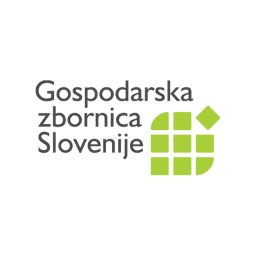
Association of Chemical Industry of Slovenia (ACIS)
Association of Chemical Industry of Slovenia (ACIS) as one of the branch associations in the Chamber of Commerce and Industry. ACIS’s members are manufacturers of chemicals and chemical products, pharmaceuticals and of rubber and plastic products.
ACIS has established Chemical Industries’ Competency Centre for manpower development (capacity and capability building) and has in this framework organised and carried out many trainings for the employees of the member companies (in the past 12 years more than 15.000 people involved in trainings).
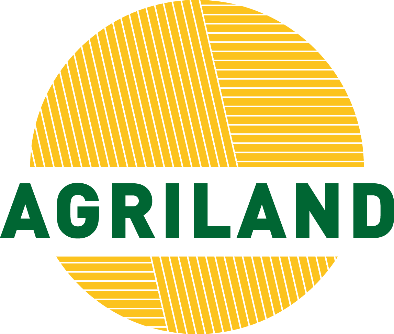
Agriland Nord
Agriland supports farmers and owners of agricultural land in the exploitation and development of their land. Our goal is to achieve a triple performance: economic, social and environmental. To do this, we offer our customers a wide range of expertise, from production to the marketing of land products.

Association for Innovative Farming
AIF is a partner for the European institutions and to all stakeholders that have interests in the future of the European agriculture sector. The AIF represents the interests of the European farmers and disseminates the knowledge and expertise about the agriculture sector to other stakeholders and policy-makers.
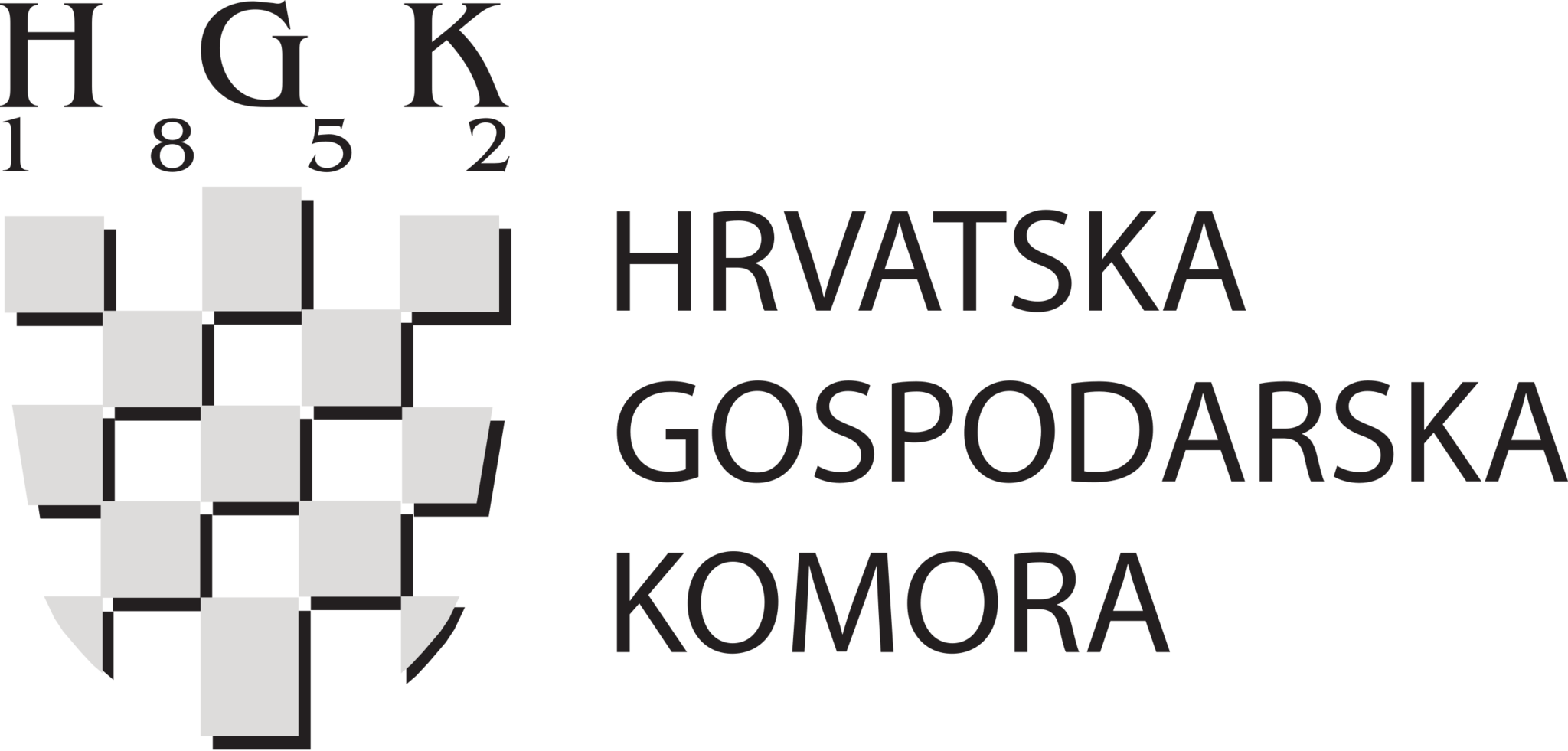
The Croatian Chamber of Economy
The largest business network in Croatia, the Croatian Chamber of Economy (HGK/ CCE), connects key sectors of the national economy through a network of county chambers, communities, associations, international representative offices, and memberships in international chambers. It also promotes the interests of its members before government bodies. The Chemical Industry association is working within Industry and Sustainable Development Department. The main activitie of our Association is lobbing and organisation of the education important for our member companies.

Comenius University Bratislava
Since establishment (1919), Comenius University Bratislava (UK BA) maintains and widens international relations with significant European educational institutions. UK BA is the oldest and largest university educational institution in Slovakia. It is a modern European university and the only Slovak university to be regularly placed in the international rankings of the best universities in the world. With thirteen faculties, it offers the widest selection of study programmes (currently 731) at three levels, and several of these study programmes are the only ones of their kind offered in Slovakia. There is a wide range of areas of human knowledge to choose from when studying, be it in medicine, humanities and social sciences, natural sciences, mathematics, theology, and much more.
UK BA fulfills the role of “national university” and belongs to the most important European university associations, plays an important role in this field. It is the member of European University Association (EUA), Network of Universities of the Capitals of Europe (UNICA), Utrecht Network, Danube Rector’s Conference (DRC), European Association of International Education (EAIE), Virtual Technology Library Systems (VTLS) , as well as part of the Alliance of European Universities, which received support within the European Commission initiative called European Universities (ENLIGHT) and etc.
UK BA is a research institution that runs hundreds of domestic and international research projects. As a result, many of the students engage in important research during their studies and can actively participate in projects, grants, and professional internships (including abroad). Every year Comenius University sends the highest number of students abroad out of all Slovak universities, and it receives the most international students, including from such places as Ukraine, Germany, Austria, Norway, Iceland, Iran, and Spain.

Astrazeneca
Astrazeneca is a global, innovation-driven pharmaceutical company focused on the research, development and commercialisation of prescription drugs.

Croatian Employers‘ Association
The Croatian Employers’ Association (CEA) was established in 1993 as a voluntary, non- profit and independent employers’ association that represents, promotes and advocates for the interests of its members.
Since 1994 the CEA has been the only employers’ representative within the national Social-Economic Council, the highest tripartite social body for social dialogue in Croatia. The Council was established in order to determine, defend and promote the economic and social rights of entrepreneurs and workers, to maintain harmonised economic, social and development policy, to encourage collective bargaining as well as the application of Collective Agreements but also its harmonisation with the economic, social and development policy.
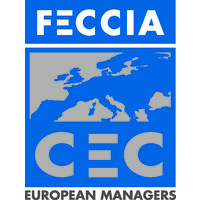
European Federation of Managerial Staff in the Chemical and Allied Industries
FECCIA (European Federation of Managerial Staff in the Chemical and Allied Industries) is the lead industry and social partner organisation for managers in the chemical, pharmaceutical, rubber, plastics and petrochemical sector at European level.

Agricultural Association of the Czech Republic
Agricultural Association of the Czech Republic is a non governmental association of employers in agriculture and related sectors established to represent their economic and social interests in accordance with Czech and EU laws. These services range from international relations through PR, education, staff-recruitment up to legal and advisory services.
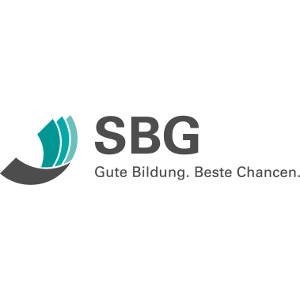
SBG
The SBG is a private, non-profit training provider whose core activity is initial and further VET (EQF levels 3 – 6) in the fields of natural science (chemical and pharmaceutical industry, biotechnology, paints and coatings industry) and technical environmental protection.

Hungarian Chemical Industry Association (MAVESZ)
MAVESZ represents professional interests of companies engaged in the chemical industry in Hungary.
We initiate, coordinate, and organize coordinated action on all issues that arise in the pursuit of our members’ interests.
We regularly provide our members professional information. To this end, we continuously monitor domestic and international legislative, developmental, production, trade, and economic processes. We pay special attention to the issues of education, training, and ensuring professional talent, both nationally and internationally.